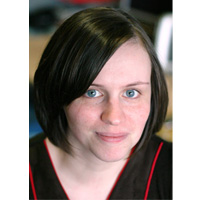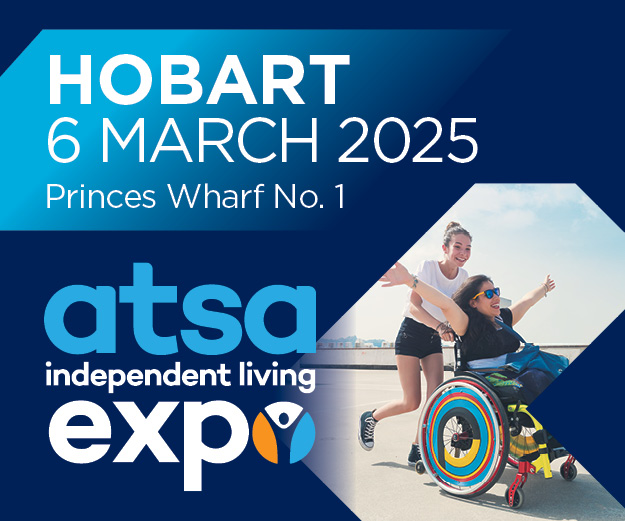Communication Impairments Part 4: Autistic Spectrum Disorder, Down Syndrome and AAC course for Dietitians


This session is the last of four that looks at different speech, language and communication impairments. The session covers autistic spectrum disorder and Down syndrome. It describes the defining characteristics, prevalence and diagnostic criteria for each condition as well as the referral routes and key supporting agencies. It also provides an introduction to augmentative and alternative communication, which may be used to support communication in children with autistic spectrum disorder or Down syndrome as well as conditions such as cerebral palsy and developmental verbal dyspraxia.
Learning objectives
By the end of this session you will be able to:
- List the common developmental syndromes that give rise to secondary speech, language and communication difficulties
- Identify the chief speech, language and communication characteristics associated with autism spectrum disorder and Down syndrome
- Identify when it may be appropriate to refer a child to a speech and language therapist, an audiologist, or the child development team for multi-professional assessment
- Know how to access the key agencies providing advice and support for parents of children with speech, language and communication difficulties
- Identify the four strands to augmentative and alternative communication
This is the final of four sessions that explore atypical speech, language and communication development.
Before commencing this session you should complete the following HCP sessions:
- 07_01 Child as Listener and Speaker Part 1: Non-verbal Apects of Communication (402-0034)
- 07_02 Child as Listener and Speaker Part 2: Verbal Aspects of Communication (402-00100)
Lynne is an autism diagnostic observation schedule (ADOS) trainer and is part of the multi-disciplinary team, including paediatricians and speech and language therapists who offer specialist diagnosis at the Communication Clinic at the Royal Hospital for Sick Children in Edinburgh.
Lynne also works as a lecturer in speech and hearing sciences at Queen Margaret University, Edinburgh. She teaches mainly in the area of speech and language therapy practice and has been a key member of a clinical-academic research team, investigating clinician decision making, for three years.


Joanne Cleland is a speech and language therapist who has worked on clinical research projects since graduating in 2002.
Her research interests are autism, Down’s syndrome, suprasegmental and segmental speech disorders and visual feedback therapy.
Lynsey is a highly specialist speech and language therapist and her clinical work and research is with children and adults with complex communication needs.
Lynsey’s interests include the long-term impact of severe communication impairments on quality of life, particularly for those people who use augmentative and alternative communication systems.


- General Principles course for Dietitians
- Posted By eIntegrity Healthcare e-Learning
- Posted Date: 2025-01-03
- Location:Online
- This session is designed to build on the other Early Developmental Support sessions. It provides a l...
- Healthy Child Programme Model of Practice for Heal...
- Posted By eIntegrity Healthcare e-Learning
- Posted Date: 2025-01-03
- Location:Online
- This session forms the first stage of providing the health visitor profession with a model of practi...
- Developmental Journal Visual Impairment: Developme...
- Posted By eIntegrity Healthcare e-Learning
- Posted Date: 2025-01-03
- Location:Online
- This session covers the progress of development, learning and vision and other senses in babies and ...
- Introducing and Using a Developmental Journal cour...
- Posted By eIntegrity Healthcare e-Learning
- Posted Date: 2025-01-03
- Location:Online
- This session gives details of the range of Developmental Journals for children and young people of d...
- An Introduction to Using Early Support Materials i...
- Posted By eIntegrity Healthcare e-Learning
- Posted Date: 2025-01-03
- Location:Online
- This session focuses on key working being implemented in practice as well as how Early Support mater...







